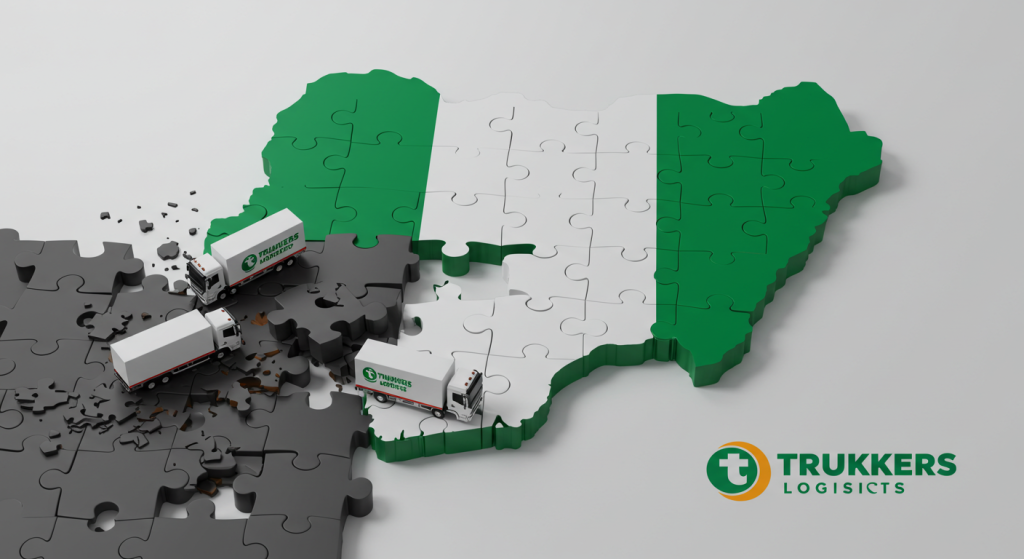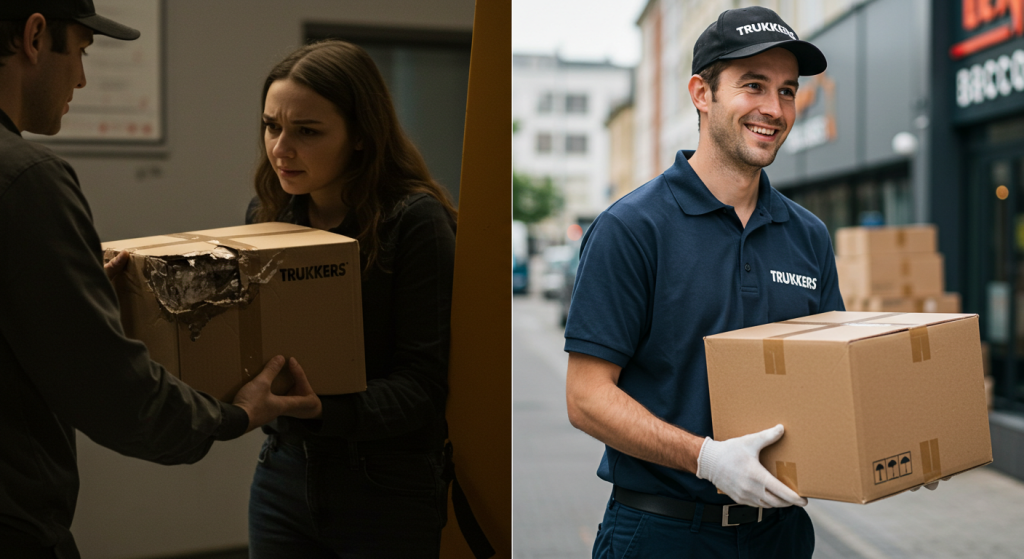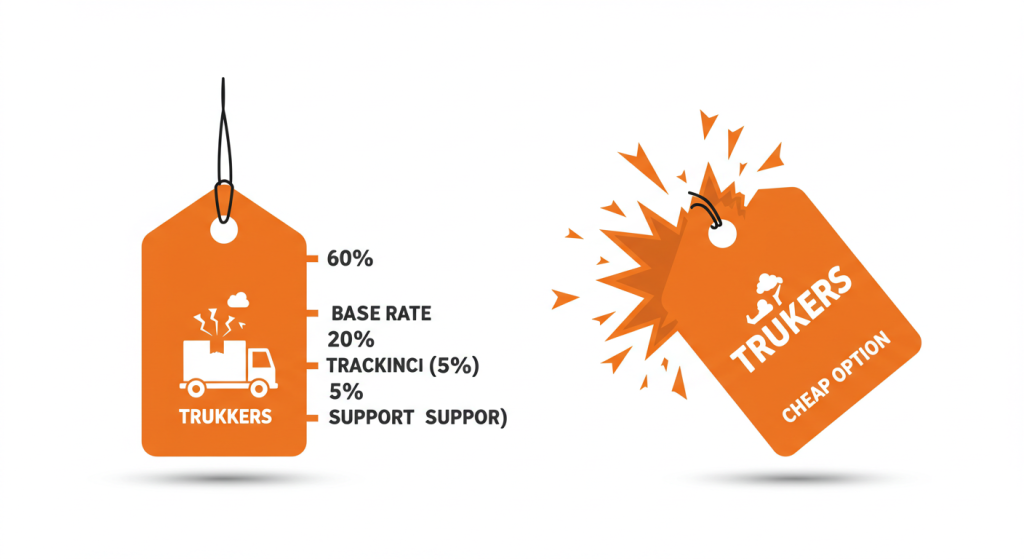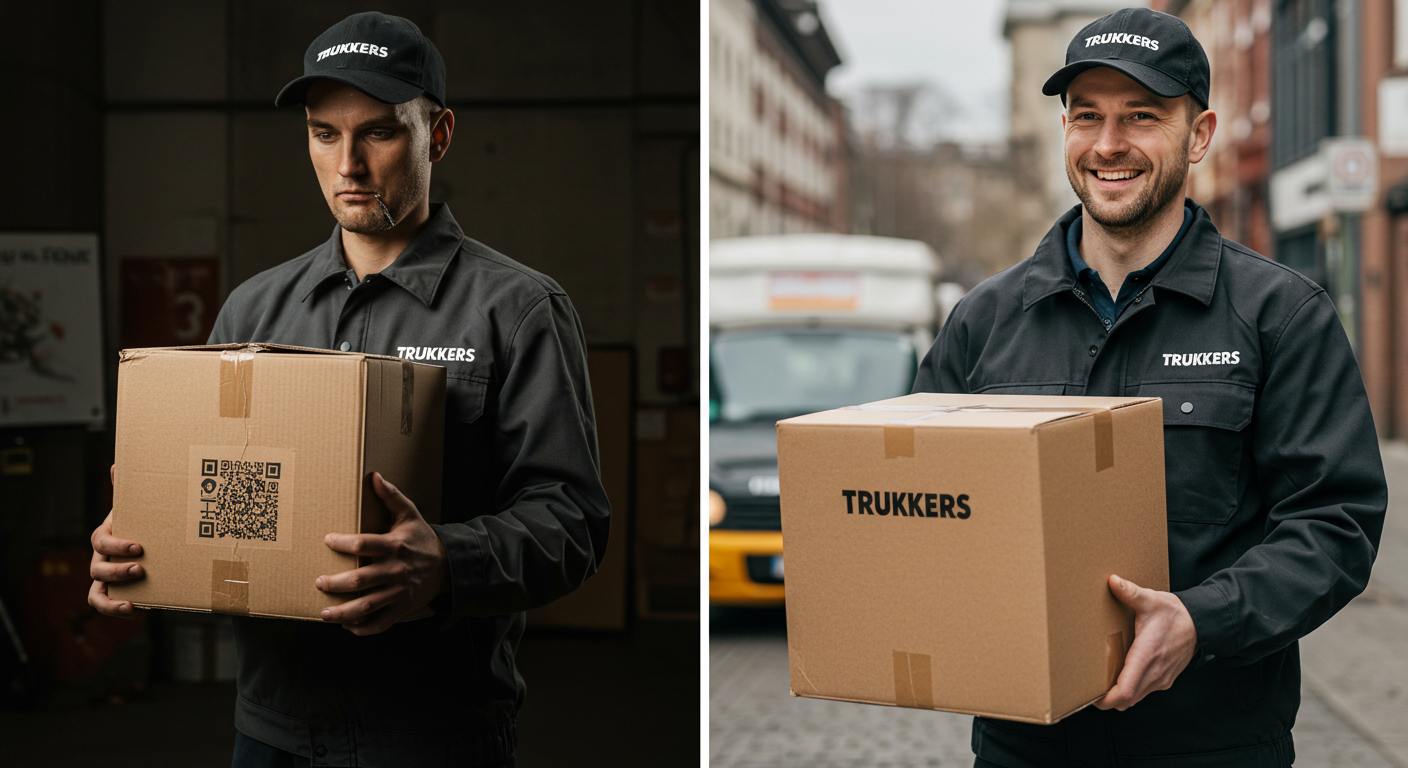Finding Your Perfect Logistics Match: The Ultimate Guide to Choosing a Business Partner That Delivers
- Understanding Your Unique Business Needs
- Evaluating Technology & Integration Capabilities
- Assessing Service Quality & Reliability
- Cost Analysis & Value Proposition
- Making Your Final Decision & Building a Strong Partnership
- Your Next Steps to Logistics Success
- Understanding Your Unique Business Needs
- Evaluating Technology & Integration Capabilities
- Assessing Service Quality & Reliability
- Cost Analysis & Value Proposition
- Making Your Final Decision & Building a Strong Partnership
- Your Next Steps to Logistics Success

Finding Your Perfect Logistics Match: The Ultimate Guide to Choosing a Business Partner That Delivers
Picture this: your business is growing FAST, orders are pouring in, but your current shipping setup is falling apart. Packages are getting lost, deliveries are delayed, & customers are starting to complain. Sound familiar? You’re not alone in this struggle. Choosing the right logistics partner can make or break your business success, yet many companies rush into partnerships without doing their homework.
The world of logistics is like a giant puzzle where every piece must fit perfectly. When you find the RIGHT logistics partner, everything clicks into place. Your products move smoothly from point A to point B, costs stay manageable, & customers stay happy. But when you choose poorly, it’s like trying to force puzzle pieces together – nothing works, & the whole picture falls apart.
Think about logistics as the backbone of your business operations. Just like you wouldn’t trust your finances to just anyone, your shipping & distribution needs deserve careful consideration. The logistics partner you choose will handle your products, represent your brand to customers, & directly impact your bottom line. This decision affects everything from customer satisfaction to profit margins.
Throughout this guide, we’ll explore the essential factors that separate great logistics partners from mediocre ones. We’ll dive deep into what questions you should ask, what red flags to watch for, & how to evaluate potential partners like a pro. By the end, you’ll have a clear roadmap for finding a logistics partner that grows WITH your business rather than holding it back.

Understanding Your Unique Business Needs
Before you start shopping around for logistics partners, take a step back & really examine what your business needs. Every company has different requirements based on their products, customer base, & growth goals. Are you shipping fragile electronics that need EXTRA care, or are you moving bulk items that prioritize cost over speed? Do your customers expect next-day delivery, or are they okay waiting a week for their orders?
Start by mapping out your current shipping patterns & volumes. How many packages do you send per day, week, or month? What’s your average package weight & size? Understanding these basics helps you communicate clearly with potential partners & ensures they can actually handle your volume. Many businesses make the mistake of partnering with companies that seem great on paper but can’t scale with their growth.
Consider your geographic needs too. Are you shipping locally, nationally, or internationally? Some logistics companies excel at regional delivery but struggle with long-distance shipping. Others might have amazing international networks but weak local presence. Your customer locations should heavily influence your partner selection. If most of your customers live on the West Coast, partnering with a company that has strong East Coast operations but weak West Coast coverage doesn’t make sense.
Don’t forget about seasonal fluctuations in your business. Many companies experience huge spikes during holidays or specific seasons. Can your potential logistics partner handle your peak volumes without compromising service quality? Ask specific questions about their capacity during busy periods & what backup plans they have when things get crazy. The last thing you want is to discover during your busiest season that your partner can’t keep up with demand.

Evaluating Technology & Integration Capabilities
In today’s digital world, your logistics partner’s technology can make or break your operational efficiency. Modern logistics companies should offer seamless integration with your existing systems, real-time tracking capabilities, & user-friendly dashboards that give you complete visibility into your shipments. But what does this actually mean for your day-to-day operations?
Look for partners who offer robust API integrations with popular e-commerce platforms like Shopify, WooCommerce, or Amazon. These integrations should automatically sync order information, generate shipping labels, & update tracking numbers without manual intervention. Manual processes are not only time-consuming but also prone to errors that can damage customer relationships. When evaluating potential partners, ask for a demonstration of their integration process & see how smoothly it works.
Real-time tracking isn’t just a nice-to-have feature anymore – it’s ESSENTIAL for customer satisfaction. Your logistics partner should provide detailed tracking information that you can share with customers, including estimated delivery times, current package location, & any potential delays. The best partners even offer proactive notifications when issues arise, allowing you to communicate with customers before they start wondering where their orders are.
Data analytics capabilities separate good logistics partners from great ones. Your partner should provide detailed reporting on delivery times, success rates, damage claims, & cost breakdowns. This information helps you identify trends, optimize your shipping strategy, & make informed decisions about inventory placement & shipping options. Partners who just move packages without providing insights into your logistics performance are missing a huge opportunity to add value to your business.

Assessing Service Quality & Reliability
Service quality in logistics goes far beyond just getting packages from point A to point B. It encompasses everything from how carefully packages are handled to how quickly customer service responds when problems arise. Think about it – your logistics partner becomes an extension of your brand. When they deliver packages, customers associate that experience with YOUR company, not theirs.
Start by researching potential partners’ track records & reputation in the industry. Look for customer reviews, case studies, & references from businesses similar to yours. Pay special attention to how they handle problems when they occur. Every logistics company occasionally loses packages or experiences delays, but great partners distinguish themselves through their response to these situations. Do they proactively communicate about issues? Do they take responsibility & work quickly to resolve problems?
Ask potential partners about their damage rates & claims process. How do they package & handle fragile items? What insurance options do they offer, & how quickly do they process damage claims? Some companies have excellent delivery speeds but terrible damage rates, which can end up costing you more in the long run through customer complaints & replacement costs. The cheapest option often becomes the most expensive when you factor in quality issues.
Consider conducting trial runs with potential partners before making long-term commitments. Ship a variety of packages to different locations & evaluate the entire experience from pickup to delivery. Time how long deliveries take, check package condition upon arrival, & test their customer service responsiveness. These trial runs provide invaluable insights into what working with each partner would actually be like on a daily basis.

Cost Analysis & Value Proposition
Cost is obviously a major factor when choosing logistics partners, but focusing solely on the lowest prices can be a costly mistake. Smart businesses evaluate the total cost of ownership, which includes not just shipping rates but also the value-added services, reliability, & long-term partnership benefits that each provider offers.
Break down all potential costs beyond basic shipping rates. Some companies advertise low base prices but charge EXTRA for services like tracking, insurance, or customer service support. Others include these services in their standard pricing. Make sure you’re comparing apples to apples by getting comprehensive quotes that include all the services you need. Hidden fees can quickly turn an apparently cheap option into an expensive mistake.
Consider the cost of poor service when evaluating options. A partner who charges 10% less but has twice as many delivery failures might actually cost you more through lost customers & replacement shipments. Calculate the potential impact of service issues on your business, including customer service time, replacement costs, & lost future sales from unsatisfied customers. Sometimes paying a premium for reliable service actually saves money in the long run.
Look for partners who offer transparent, predictable pricing structures. Avoid companies with complex fee schedules that make it difficult to predict monthly logistics costs. The best partners provide clear pricing tiers based on volume, allowing you to forecast costs accurately & take advantage of better rates as your business grows. Some even offer volume commitments that guarantee better pricing in exchange for minimum monthly shipments.
Making Your Final Decision & Building a Strong Partnership
After evaluating all these factors, making your final decision requires balancing multiple priorities & thinking about your long-term business goals. The perfect logistics partner doesn’t just meet your current needs – they anticipate & support your future growth. Consider where your business will be in two to three years & whether potential partners can scale with you.
Create a scorecard that weights each evaluation criterion based on its importance to your business. For example, if your customers prioritize speed over cost, weight delivery times more heavily than pricing. If you’re shipping valuable or fragile products, prioritize damage rates & insurance options. This structured approach helps you make objective decisions rather than getting swayed by impressive sales presentations or focusing too heavily on any single factor.
Don’t be afraid to negotiate terms & ask for customized solutions. Established logistics companies often have flexibility to adjust their standard offerings for the right clients. Whether it’s custom packaging requirements, specific delivery time windows, or specialized handling procedures, many partners will work with you to create solutions that fit your unique needs. The key is asking the right questions & being clear about your requirements.
Once you’ve made your decision, focus on building a strong, collaborative relationship with your chosen partner. Schedule regular check-ins to review performance metrics, discuss challenges, & explore opportunities for improvement. The best logistics partnerships evolve over time, with both parties working together to optimize processes & enhance service quality. Remember, this isn’t just a vendor relationship – it’s a partnership that directly impacts your customers’ experience & your business success.
Your Next Steps to Logistics Success
Choosing the right logistics partner is one of the most important decisions you’ll make for your business, but it doesn’t have to be overwhelming. By following the systematic approach outlined in this guide, you’ll be well-equipped to evaluate potential partners & make an informed decision that supports your business goals.
Remember that the cheapest option is rarely the best option when it comes to logistics. Focus on finding partners who offer the right combination of service quality, technology capabilities, cost-effectiveness, & growth potential. Take time to thoroughly evaluate each candidate, conduct trial runs, & check references before making your final decision. The extra effort you invest in this selection process will pay dividends through improved customer satisfaction, reduced operational headaches, & better business growth.
The logistics industry is constantly evolving with new technologies & service offerings. Stay engaged with your chosen partner & regularly reassess whether they’re still meeting your needs. As your business grows & changes, your logistics requirements will evolve too. The best partnerships adapt & grow together, creating mutual value that extends far beyond simple package delivery.
Ready to take the next step in finding your ideal logistics partner? Start by documenting your specific requirements using the framework provided in this guide. Then begin reaching out to potential partners with targeted questions that help you evaluate their capabilities. Remember, the right logistics partner isn’t just a service provider – they’re a strategic asset that can help drive your business forward.

Finding Your Perfect Logistics Match: The Ultimate Guide to Choosing a Business Partner That Delivers
